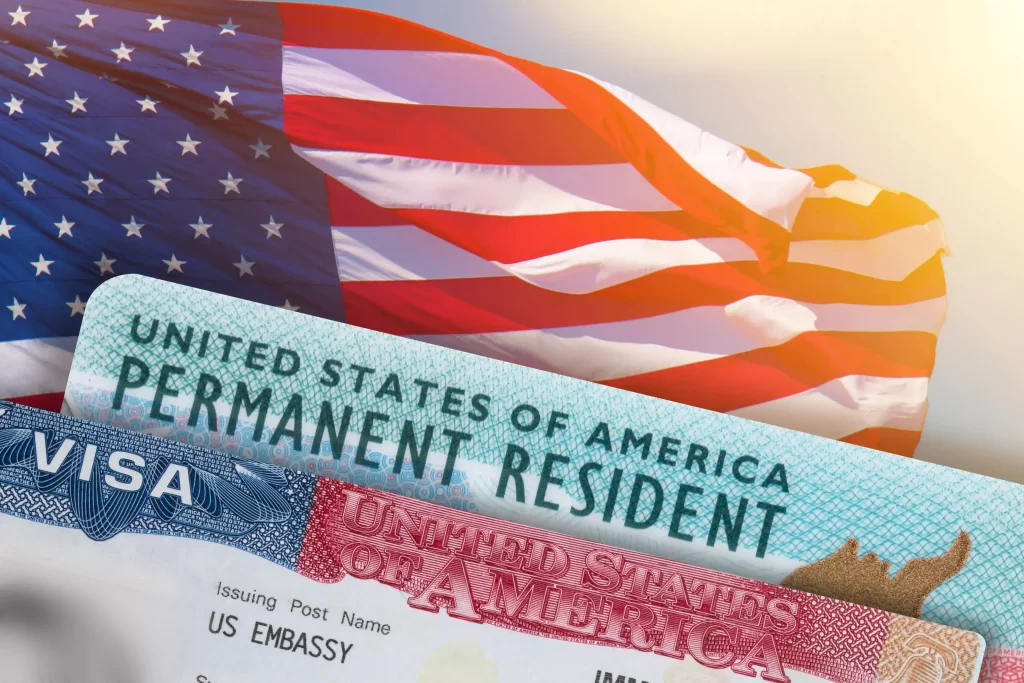Blog
Related Articles

T visa
How to obtain permanent residence through the T visa?
There are ways, through the T visa, to obtain legal migratory status via an abusive employer wh...
 María Mendoza
María Mendoza
Published: March 22, 2023

T visa
Donald Trump and the T Visa
Hola mi gente, this is attorney María Mendoza writing again. As many of you know, the return ...
 María Mendoza
María Mendoza
Published: November 14, 2024

T visa
Do You Have a Deportation Order? The T Visa and Bona Fide Determination Could Change Your Immigration Path
A few days ago, during a Live video on my social media, I talked about a topic that could make the d...
 María Mendoza
María Mendoza
Published: June 13, 2025

T visa
How to overcome permanent ban on T visa
Hola mi gente, this is attorney Maria Mendoza. Today I want to address two important issues for the ...
 María Mendoza
María Mendoza
Published: December 26, 2024

T visa
T Visa for Labor Abuse: Real-Life Examples and How to Know If You Qualify
When Jose arrived in the U.S., he accepted a construction job that promised $10 an hour for a 40-hou...
 María Mendoza
María Mendoza
Published: July 11, 2025